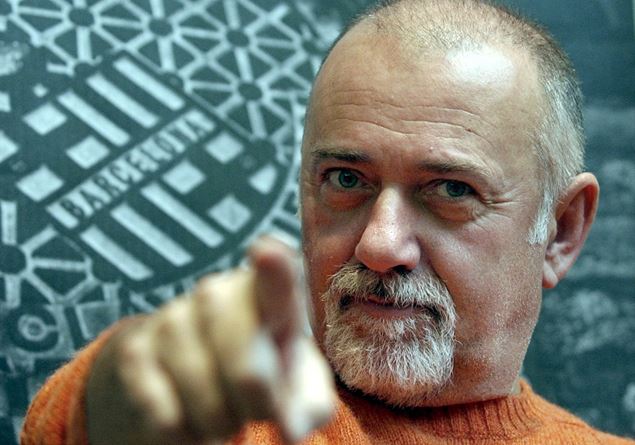In 2025, a new law could expand the choices offered to patients at the end of their life.
Better support people at the end of their lives and their loved ones: this is the objective of the changes provided for by law in France during 2025. This subject concerns situations where a person is suffering from a serious, advanced or incurable disease, and requires particular medical follow -up to relieve their symptoms and preserve their quality of life.
What are the rights of patients today?
Today, in France, the end of life is supervised by the Claeys-Leonetti law (2016). It sets a specific framework to support patients and respect their wishes. The current law provides several systems to best support this sensitive period. She authorizes:
- The deep and continuous sedation until death, in certain well -defined situations, when the treatments no longer manage to relieve suffering.
- The right to refuse treatment, even if it is vital.
- The writing of early guidelines, which allow everyone to express their wishes for their end of life.
- The appointment of a trusted person, responsible for relaying the patient’s wishes if he can no longer express them.
- Access to palliative care, offered at home or specialized establishment, to relieve pain and support patients while respecting their dignity.
An evolution of the legal framework in 2025
For several years, reflections have continued around the evolution of the law with the objectives: to strengthen support and to respect the wishes of the persons concerned. In May 2025, two bills were to be examined by Parliament. The first plans to strengthen palliative care, with a budget of 1.1 billion euros over 10 years. Among the measures envisaged: the creation of specialized pediatric units, the development of support houses for people who cannot stay at home, and the creation of a university course dedicated to palliative medicine. The second text introduces a new framework for helping to die, with very supervised conditions. It would be for adults, capable of freely and clearly expressing their will, and suffering from a serious, incurable, in advance, in advanced or terminal phase, resulting in suffering that has become unbearable despite the treatments. A specific procedure would frame each step, with the intervention of health professionals, compliance with deadlines, and the possibility of giving up at any time.
The project also provides for a conscience clause for healthcare professionals who would like to oppose it. In this case, the patient must be oriented towards another doctor. Finally, helping to die, if adopted, would be taken care of by health insurance.









